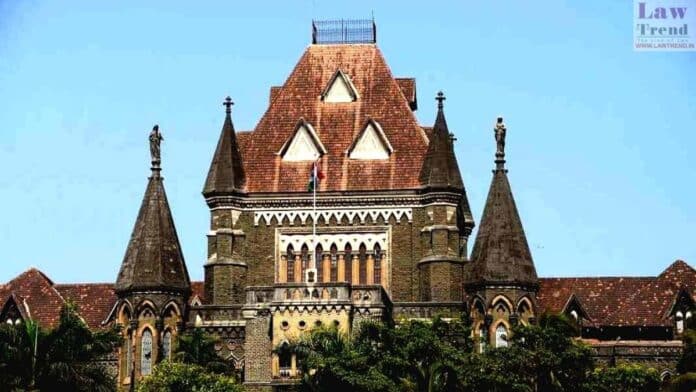The Bombay High Court convened a full court reference to honor the memory of the late senior advocate Iqbal Chagla, who passed away on January 12. Chief Justice Alok Aradhe led the tributes, highlighting Chagla’s unwavering commitment to legal ethics and his impactful legal career.
Chief Justice Aradhe recounted Chagla’s legal journey, which began after his studies in history and law at Cambridge, and his return to Mumbai prompted by his mother’s passing. Chagla started his practice in the chambers of Kharsedji Bhabha, where he worked alongside notable figures such as Soli Sorabjee. He was involved in several high-profile cases, including the split of legal giant Amarchand Mangaldas and disputes between Coca-Cola and Pepsi.
The Chief Justice emphasized Chagla’s considerate nature, noting his dedication to making room for the junior-most members of the Bar. Advocate General Birendra Saraf compared the awe of watching Chagla argue in court to that of a young actor watching Bollywood icon Amitabh Bachchan for the first time. Saraf praised Chagla’s thorough preparation and his practice of listening to junior lawyers before presenting his arguments.
Chagla’s commitment to justice and integrity was also evident in his bold stand against corruption within the judiciary. He notably passed a resolution condemning corrupt practices by five judges at the Bombay High Court, despite being warned of potential criminal contempt charges.
Nitin Thakker, President of the Bombay Bar Association, celebrated Chagla’s advocacy for civil liberties, particularly during his tenure as the president of the association when he condemned the Emergency. Thakker also shared personal anecdotes about Chagla, known affectionately as Mikki, highlighting his love for golf, jazz, and his fondness for panipuri at Delhi’s Bengali Market.
Farzana Behramkamudin, President of the Bombay Incorporated Law Society, shared instances demonstrating Chagla’s ethical standards, such as his decision to abandon the brief against the Bandra Worli Sea Link project realizing its adverse impact on public interest, and his initial refusal to represent Nestlé against the Maggie-ban until he was convinced of the product’s safety for consumers.




